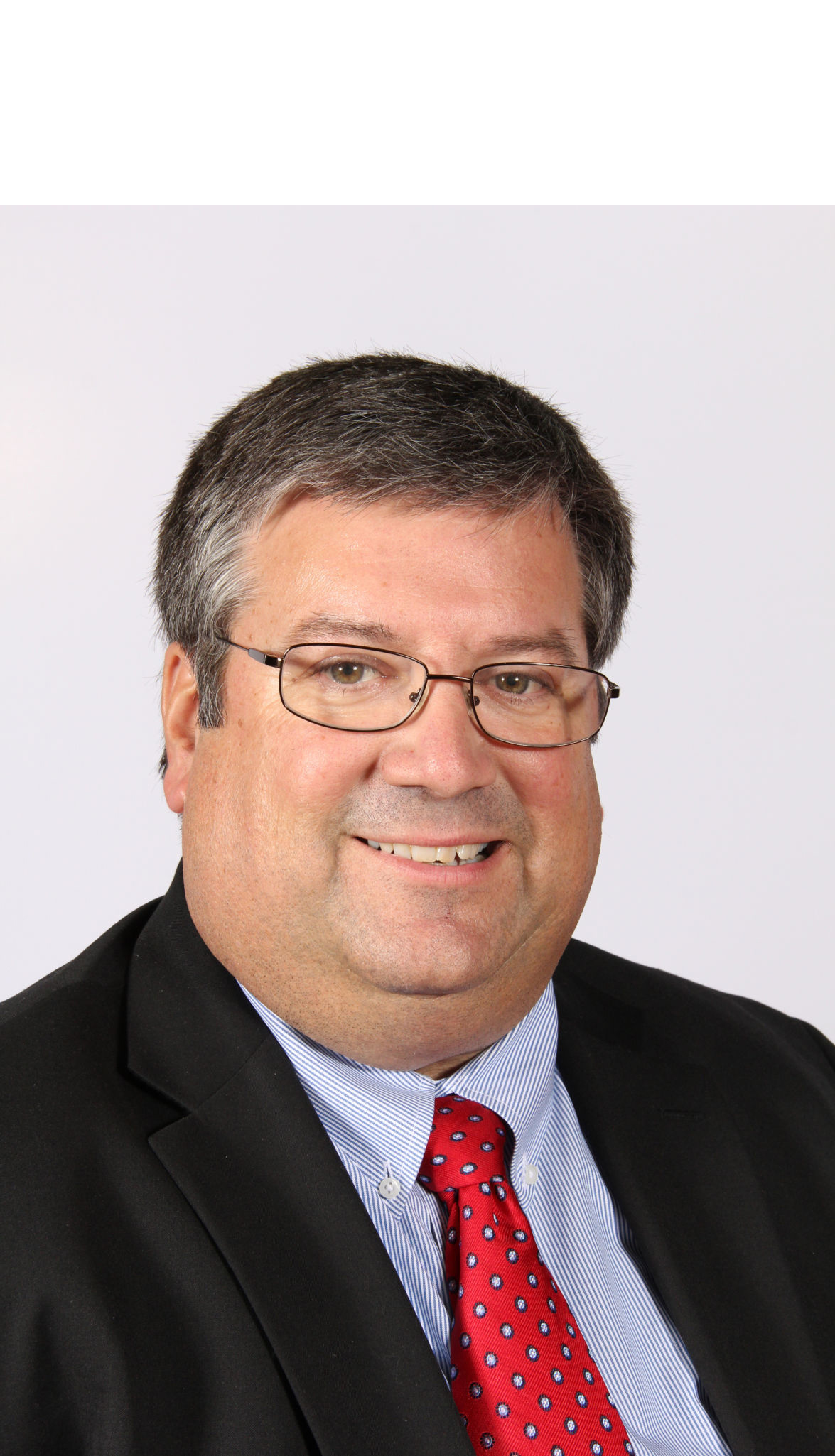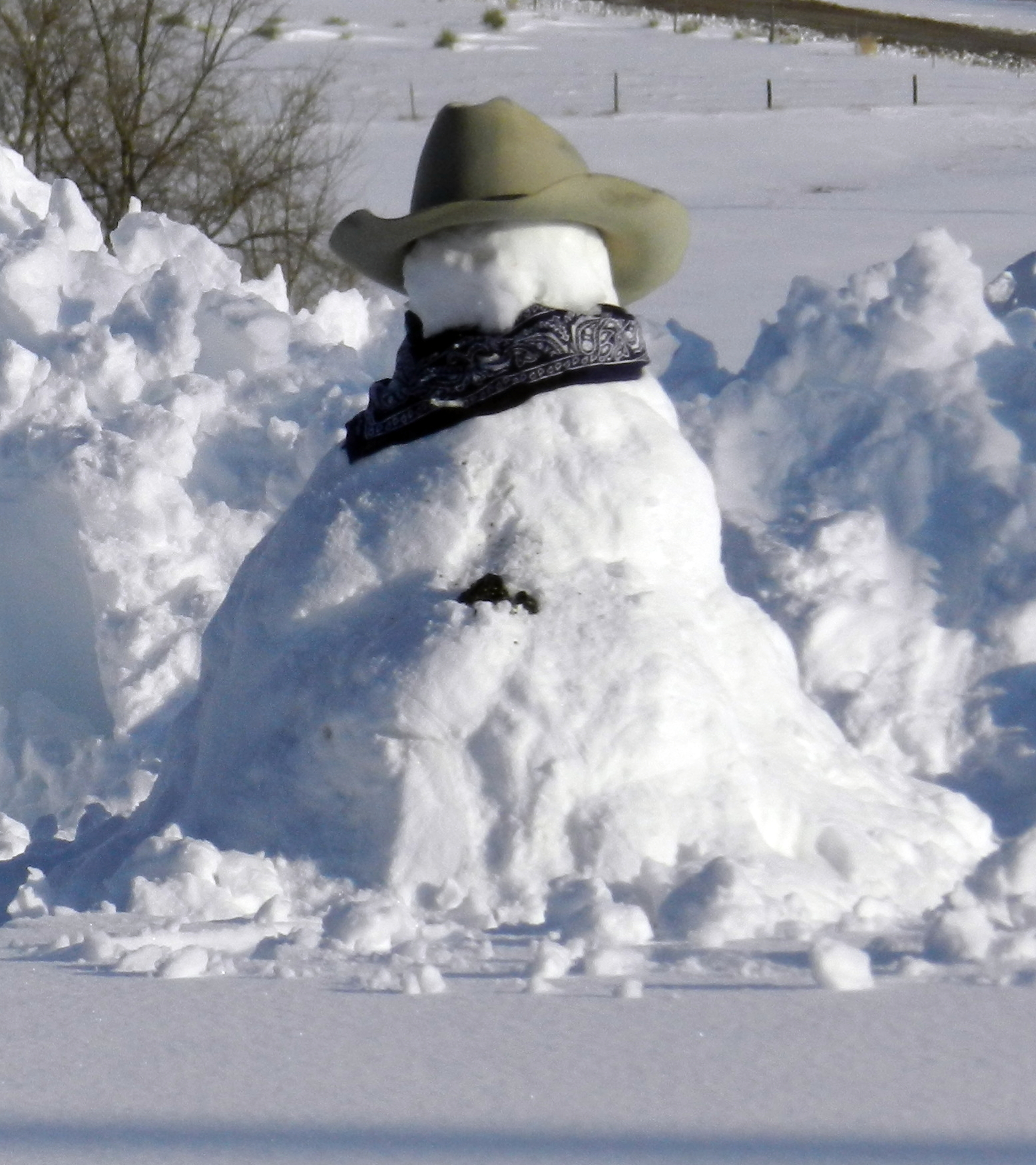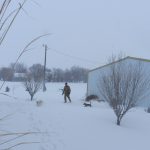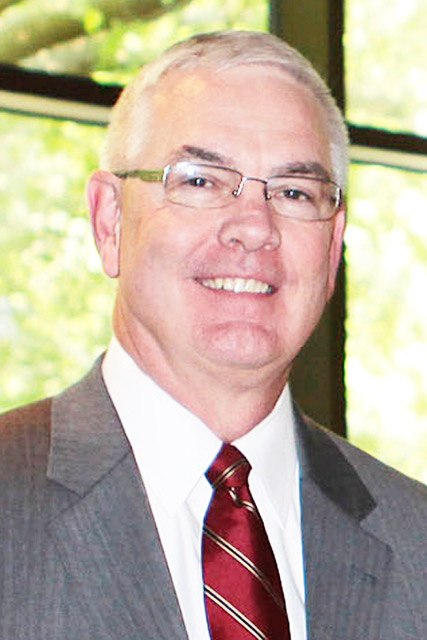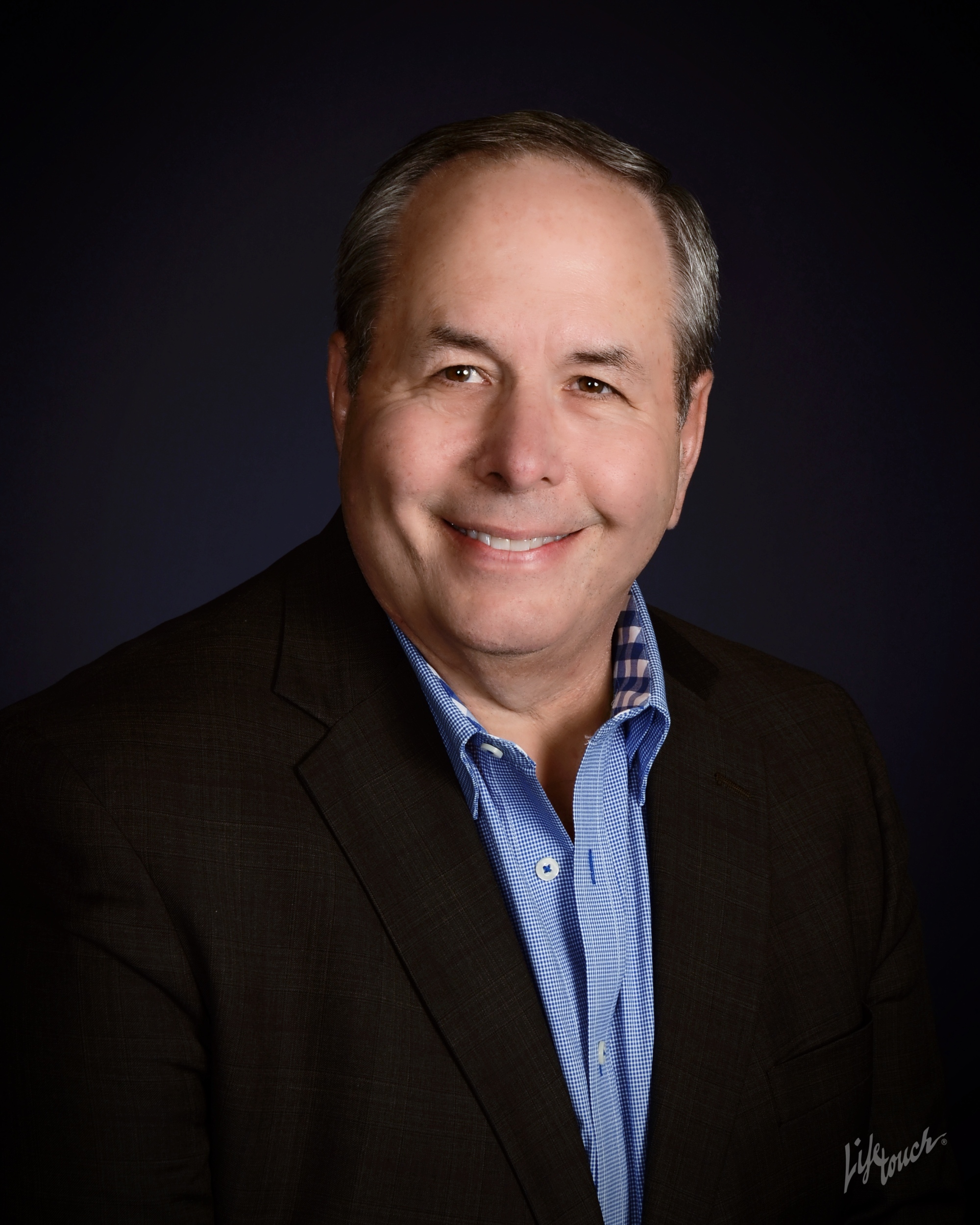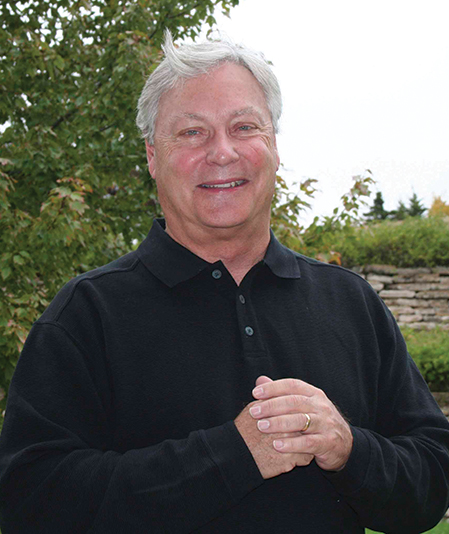
Hello from Agra and Merry Christmas!
In just a few days many of us will gather with the ones we love and celebrate the birth of our Lord and Savior, Jesus Christ. Like you, our family has many traditions during the holiday season, and we look forward to Christmas Eve service, singing “Silent Night” by candlelight. Our hope is you and yours have a magical Christmas and safe start to 2017.
We now know the Kansas House committee chairs and vice-chairs for the upcoming session. A couple of important ones include: Appropriations Chairman; Troy Waymaster from Bunker Hill, Education Chair; Clay Aurand from Belleville, Taxation Chair; Steven Johnson from Assaria and Transportation Chair J.R. Claeys from Salina. So some important leadership positions will be held from central and western Kansas people.
Also, Speaker Ron Ryckman appointed me Vice-Chairman of the Water/Environment Committee. This is a new committee, as these issues had been a part of the Agriculture Committee. Tom Sloan from Lawrence will serve as Chairman. Water has been identified as a critical issue and I look forward to developing good, science based policy to make sure we have an adequate supply for agriculture, municipalities and business development.
We have been reviewing survey results from constituents in the 110th District. Today we are going to discuss local control. Those who chose to participate were very vocal in their displeasure with the federal or state government stripping power from local units of government. By an almost 3 to 1 margin, people said the Kansas Legislature should not cap or limit how much cities, counties and school districts can spend in response to citizen needs.
The same margin was also reported by the 110th District residents said the Kansas Legislature should not prohibit locally-elected officials from increasing revenue for the jurisdictions they represent.
Some are probably surprised by these results, but is shows me that folks want a government that is accountable and decisions should be made locally, and not simply a cookie-cutter solution to each opportunity.
The challenges in the next session will be great, but one of my top priorities is to be cautious when it comes to raising taxes. Especially a consequence which would lead to another big jump in property taxes. The quest, which has already begun, is to find a fair and equitable revenue stream and review the efficiency study to find better ways to bring services to the taxpayers of Kansas. If you would like to review the study you can go to: www.kslegresearch.org and search Kansas Statewide Efficiency Review.
If you have questions, or if I can be of service, please contact me: Ken Rahjes, 1798 E. 900 Rd. Agra, KS 67621 or call (785) 302-8416. You can follow me on Facebook at Ken for Kansas or my website, www.kenforkansas.com
Thank you for the opportunity to be your representative, and MERRY CHRISTMAS!
